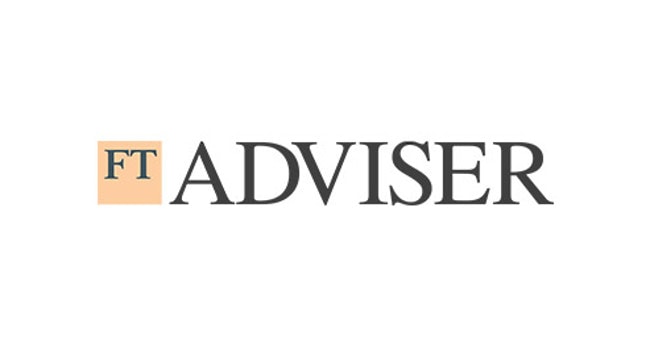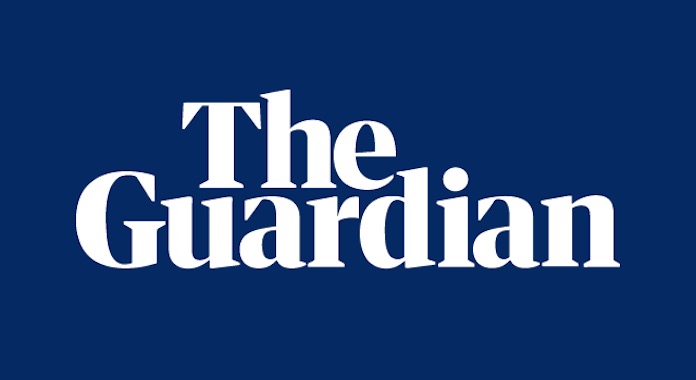In the past few weeks, you’ll have noticed that the cost of your weekly groceries has surged. In fact, according to a study published in the Guardian, rising prices could add as much as £380 a year onto your food bills.
As you’ll know, the biggest threat that inflation typically poses is that it eats away at the real value of your wealth over time. This erosion of consumers’ buying power can pose serious problems, potentially slowing down economic growth as people buy less.
However, if inflation is allowed to go unchecked, it can also seriously erode trust in financial institutions as well, weakening the economy. Read on to find out why this is and how it could affect you.
The rate of inflation in the UK has recently surged to a 40-year high
Over the last few months, the cost of living has surged in the UK as the price of everything from litres of petrol to loaves of bread has risen. According to data from the Office for National Statistics (ONS), the Consumer Price Index (CPI) increased to 9.4% in the 12 months to June 2022.
As we’ve discussed in a previous article, this surge is largely due to the impact of the coronavirus pandemic and the invasion of Ukraine on international supply chains. For example, sanctions on Russian oil and gas have driven up the cost of energy.
Unfortunately, this has had a significant impact on the finances of many Brits and has left many struggling to cope. According to the Guardian, 1 in 6 households are now in “serious financial difficulties” because of rapidly rising prices.
As a result of this financial squeeze, many people have cut back on their spending, which has slowed down economic growth. As a report in the Guardian notes, households tightening their belts was a major contributing factor for the fall in retail sales in May.
Of course, while rising inflation affects households by eroding wealth, one of its more insidious effects is that it also lowers people’s trust in financial institutions.
Prolonged inflation erodes trust in the Bank of England’s ability to manage the economy
As you’ll know, a small amount of inflation each year helps to keep the economy ticking over, but problems can arise when it gets too high. This is why one of the main duties of the Bank of England (BoE) is to keep it at a steady level of 2% a year.
One of the most important tools at their disposal is the ability to control interest rates. When inflation is too high, they can raise rates and encourage people to save more. When it is too low, they can lower them and encourage consumers to borrow and spend more, stimulating the economy.
But in the past few months, the Bank’s governor, Andrew Bailey, has struggled to rein in the surging rate of inflation. Not only did he communicate poorly about his plans to get the situation under control, but his small increases to the base rate were criticised as being too little too late.
Furthermore, according to This Is Money, Bailey was repeatedly warned by financial analysts about the threat of surging inflation but chose not to listen.
This lacklustre response has made many investors nervous, as it casts doubt on the BoE’s ability to control rising prices. If the Bank doesn’t address this lack of confidence, it could lead to a drop in foreign investment, reducing the UK’s potential for economic growth in the future.
On an individual level, this could hamper the growth of your investments, slowing your progress towards your financial goals.
Working with a planner can help you to grow your wealth and outpace inflation
As you’ll know, investing can be a great way to build your wealth over time, but inflation can pose a problem for you, as it reduces the real growth of your portfolio.
For example, if the value of an asset increases by 10% but inflation rises to 9% then your asset has only grown in real terms by 1%.
This can add a major element of uncertainty for you when building a long-term plan. After all, if you can’t predict how much of a toll inflation could take on your future returns, it can be hard to know how much to set aside to reach your goals.
Furthermore, as the cost of living surges, your expenses may rise and so it could be more difficult to put money aside for the future.
This is why, if you’re concerned about rising inflation, seeking professional advice can really benefit you. For a start, we can help you to manage your money more effectively and help to ensure you can keep investing for your financial future.
Furthermore, we can also help you to manage your investments to give them the potential to outpace the rate of inflation and therefore grow in real terms. This can give you greater confidence that you’re on track to meet your long-term goals.
Get in touch
If you want to know more about how working with a planner can help you resist the corrosive effects of inflation, we can help. Email us at office@verve-financial.com or call 0330 320 5048.
Please note:
The value of your investment can go down as well as up and you may not get back the full amount you invested. Past performance is not a reliable indicator of future performance.





